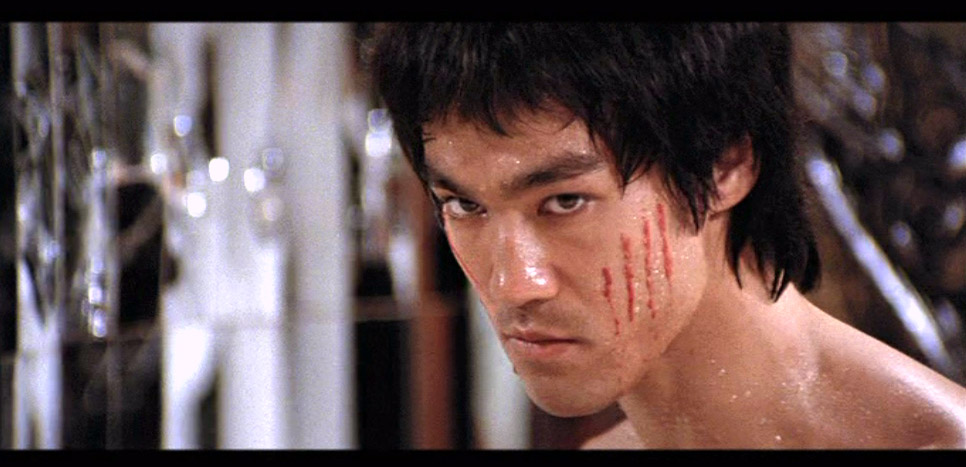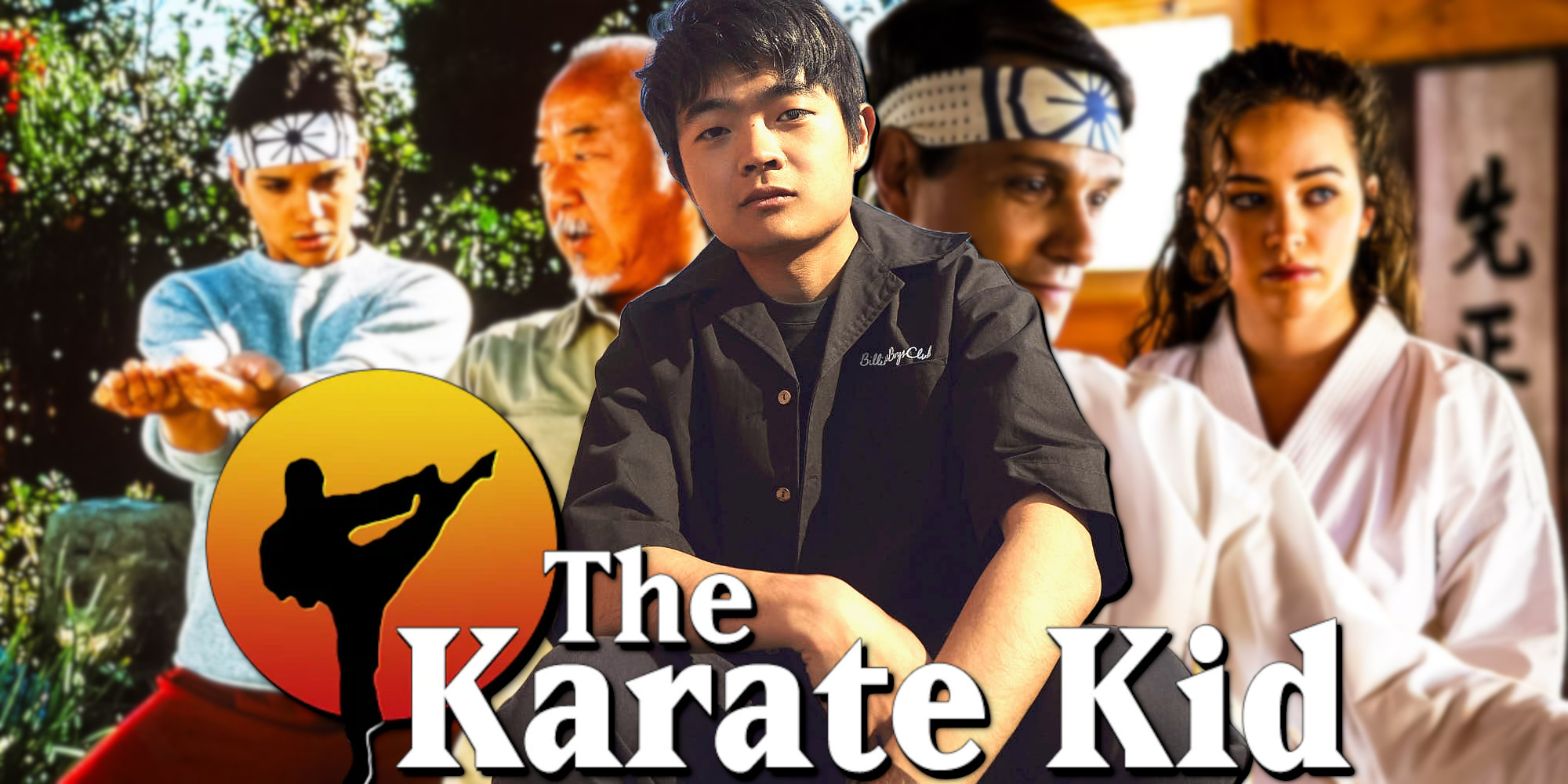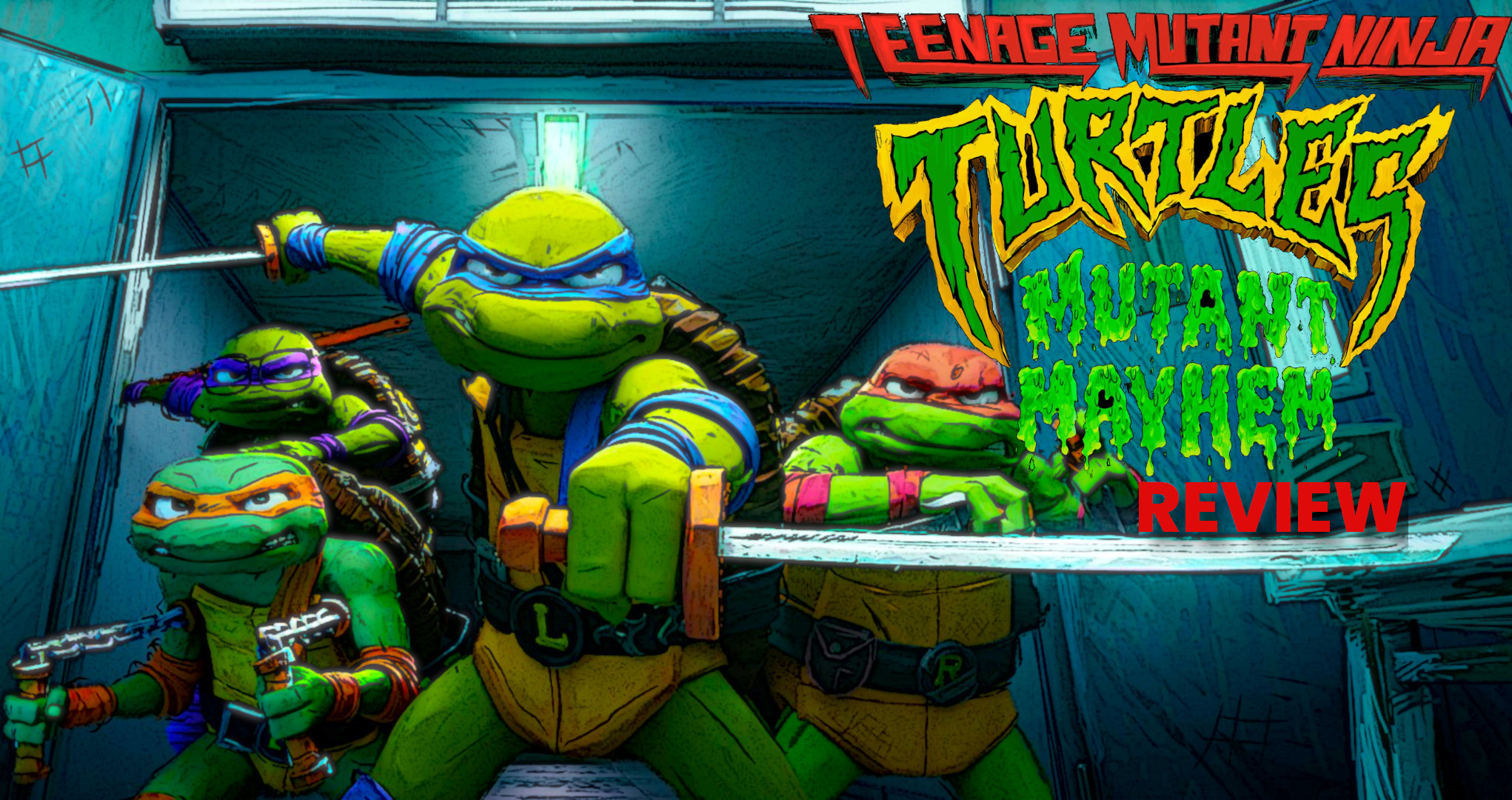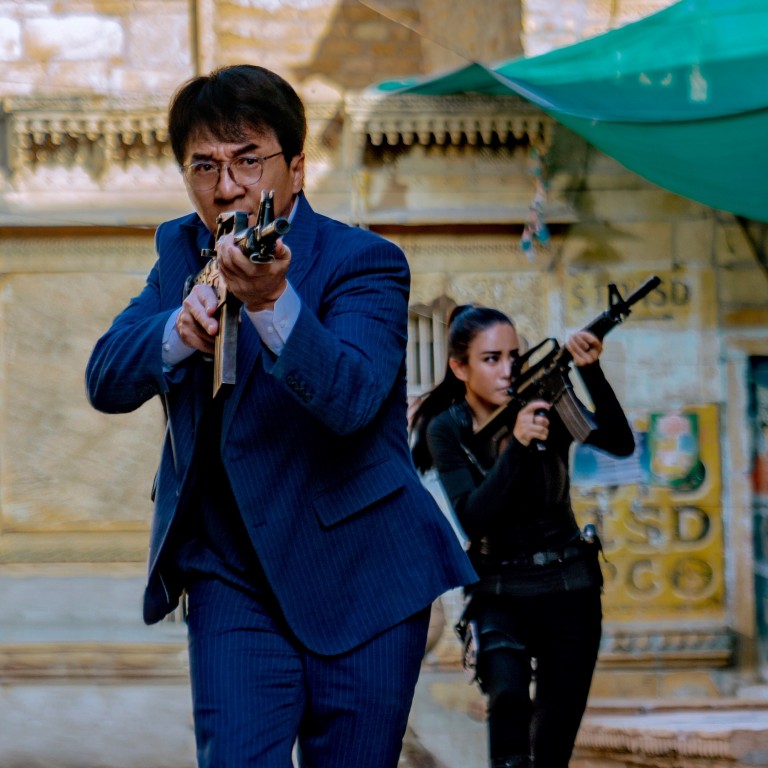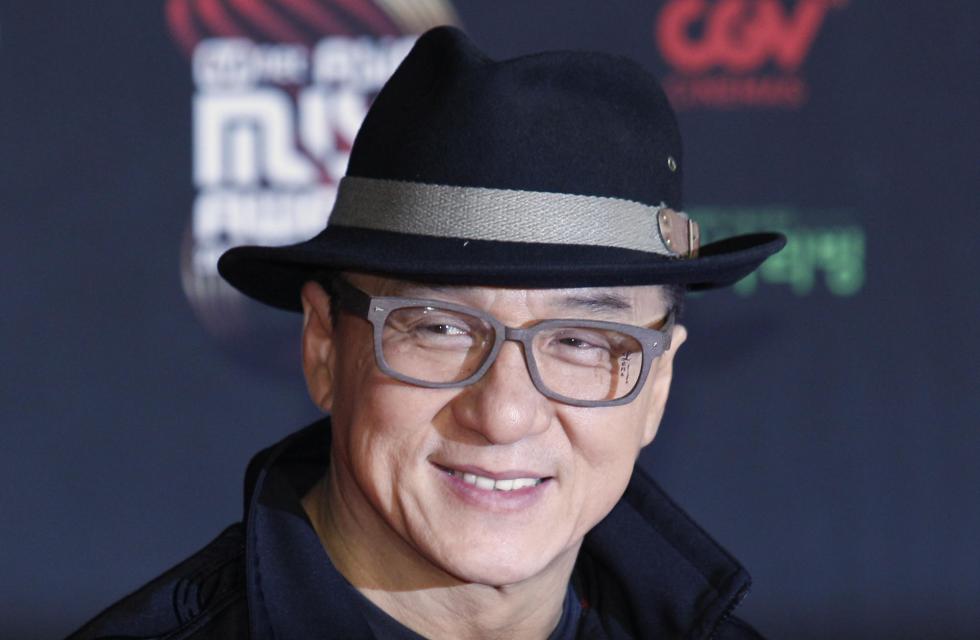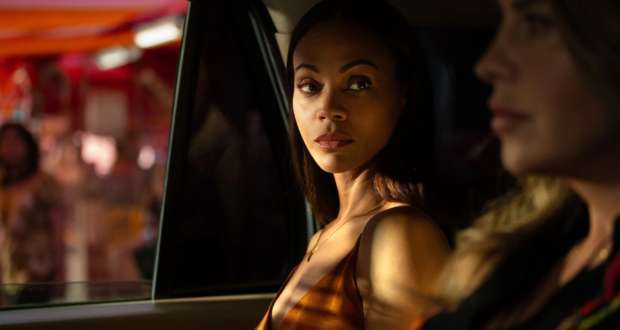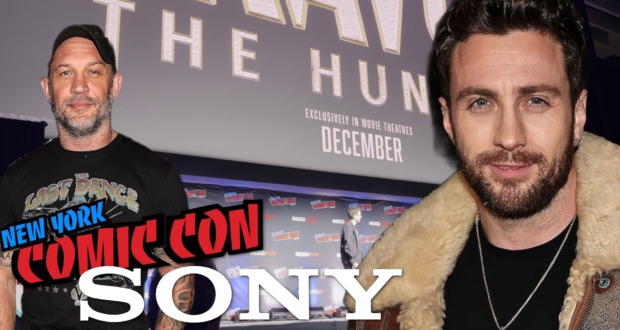For such a small place, Hong Kong’s influence on cinema has been disproportionately huge. Without this one tiny region of Asia, we wouldn’t have Jackie Chan or Bruce Lee, Tarantino’s style would be unrecognizable, and an entire genre of cinema would not exist as it does today. The influence of Hong Kong cinema on Hollywood is vast, complex and constantly involving. Perhaps it’s no surprise when you consider:
Star Crossover
 Quick, name your three favourite Japanese actors. No? How about Indonesian? Korean? Vietnamese? Unless you’re a cinephile or waaay into your Asian cinema, chances are you just drew a blank. Now try the same exercise with actors from Hong Kong. Easy isn’t it? Jackie Chan, Bruce Lee, Chow Yun-Fat; and that’s just the BIG names. Simply, in the nineties there was a time when Hollywood went out of its way to court Asian stars, especially those with a Hong Kong sensibility. These actors weren’t chosen for their ability to put on American accents and play suburban dads in Time Life movies, but for the entire culture they brought with them. Most Hollywood crossover stars find themselves supressing their origins; these guys were chosen to embody them.
Quick, name your three favourite Japanese actors. No? How about Indonesian? Korean? Vietnamese? Unless you’re a cinephile or waaay into your Asian cinema, chances are you just drew a blank. Now try the same exercise with actors from Hong Kong. Easy isn’t it? Jackie Chan, Bruce Lee, Chow Yun-Fat; and that’s just the BIG names. Simply, in the nineties there was a time when Hollywood went out of its way to court Asian stars, especially those with a Hong Kong sensibility. These actors weren’t chosen for their ability to put on American accents and play suburban dads in Time Life movies, but for the entire culture they brought with them. Most Hollywood crossover stars find themselves supressing their origins; these guys were chosen to embody them.
Director Influence
 It’s easy to forget John Woo was once a visionary director, his manic, ultra-violent homages to slow-motion considered the epitome of action filmmaking. His star may have faded, but he – along with a handful of other directors – left an indelible mark on an entire genre. Compare Hard Boiled to any Hollywood film from the same period; say Total Recall or Terminator 2. Notice how much fresher Hard Boiled appears, how modern? That’s not Woo being prescient: Hollywood borrowed the stylistic tropes of his films (and those of others like him) to create the modern action movie. The fight scenes in The Dark Knight Rises or the Bourne series owe more to the kinetic, balls-out style of Woo, Ringo Lam or Ronny Yu than they do anything by James Cameron or Paul Veerhoven. In action, Hong Kong cinema was always ahead of the curve; the rest of the world simply followed.
It’s easy to forget John Woo was once a visionary director, his manic, ultra-violent homages to slow-motion considered the epitome of action filmmaking. His star may have faded, but he – along with a handful of other directors – left an indelible mark on an entire genre. Compare Hard Boiled to any Hollywood film from the same period; say Total Recall or Terminator 2. Notice how much fresher Hard Boiled appears, how modern? That’s not Woo being prescient: Hollywood borrowed the stylistic tropes of his films (and those of others like him) to create the modern action movie. The fight scenes in The Dark Knight Rises or the Bourne series owe more to the kinetic, balls-out style of Woo, Ringo Lam or Ronny Yu than they do anything by James Cameron or Paul Veerhoven. In action, Hong Kong cinema was always ahead of the curve; the rest of the world simply followed.
Kung Fu Appeal
One of the major factors bringing Asian cinema to Hollywood has been Kung Fu. Most post-Matrix action films require at least one highly-choreographed punch up, but martial arts had made inroads to Hollywood long before then. The 70s, with its explosion of grindhouse and exploitation cinema, led the charge: suddenly poor-ass movie goers were no longer interested in watching two distant stars willow around a lavish set; they wanted grit, grime, sleaze and stylish violence. Kung Fu, with its outlandish moves and potential for doing untold damage, gave them what they wanted. Where this sudden desire erupted from is complicated: it may have been thanks to the violence of fighting a prolonged war, the destruction of the Hayes Code or a quirky off-shoot of the civil rights movement. Exploitation cinema was big among black and minority audiences and there are theories which suggest someone like Bruce Lee could act as an avatar for excluded minorities. Like Richard Roundtree as Shaft, he stood up to his oppressors, took no shit and was clearly, magnificently, identifiably not white.
Regardless of the truth of this claim, it’s undeniable that for nearly 40 years, martial-arts has been in the public consciousness, thanks largely to one Hong Kong star.
Fanboys
Meanwhile, the generation who grew up immersed in exploitation cinema bought their own cameras and set out to re-do what those old stars did, better. Quentin Tarantino and Robert Rodriguez both owe a debt of gratitude to those Hong Kong pioneers. The Wachowski’s, meanwhile, stormed it with The Matrix and followed it up with V for Vendetta. Hong Kong is no longer ‘outsider’ cinema; in the mainstream at least, it’s more Hollywood than Hollywood. One tiny island over 7,000 miles away from LA managed to reboot an entire culture, thanks solely to a handful of visionaries and their fans. When you think about it, it’s kinda mind-blowing.
Why not journey to the cinematic heart of Hong Kong with HotelClub.com – book a room at the Rosedale On The Park Hotel for easy access to the Hong Kong Convention Centre and the stunning Avenue of Stars.
